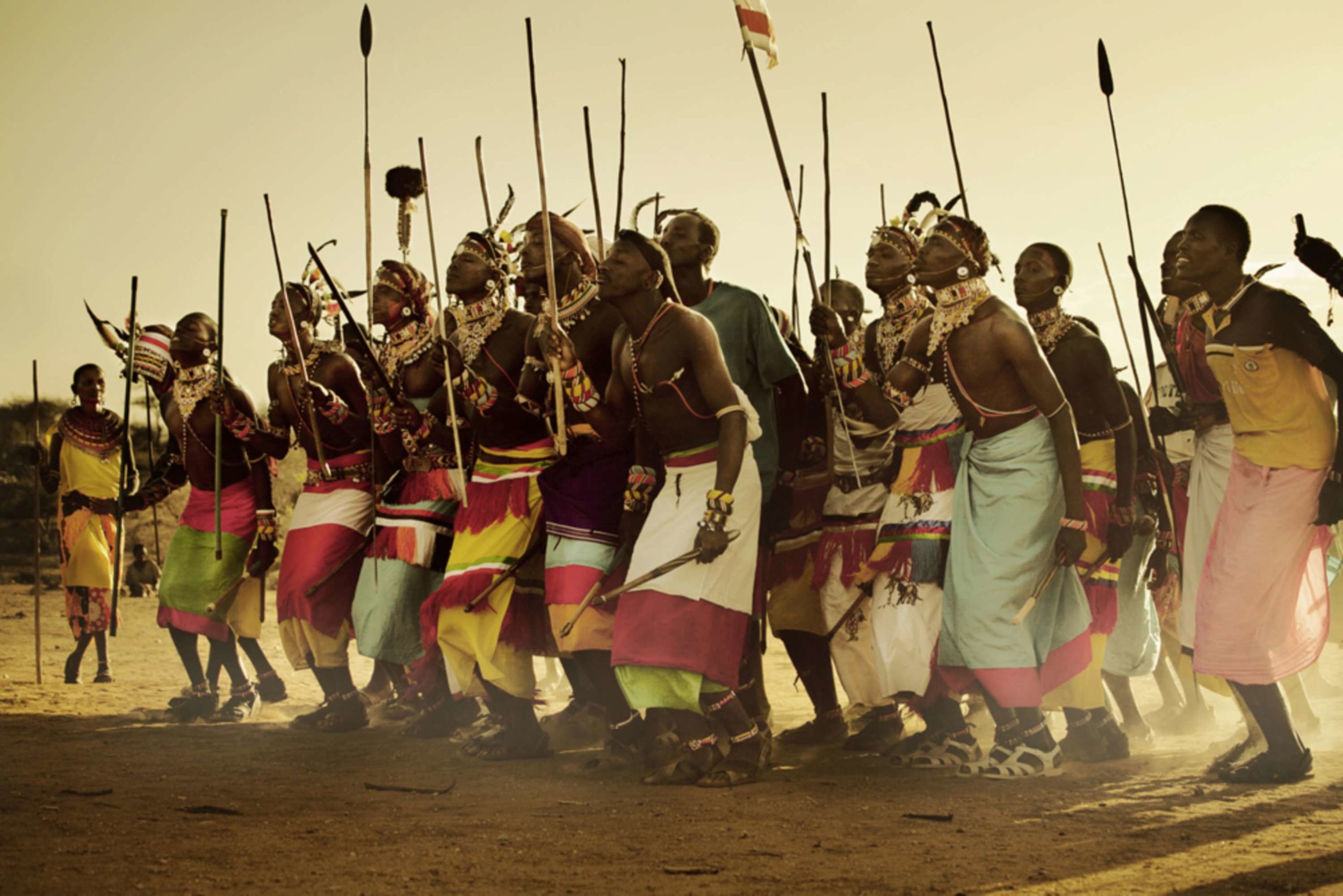A Comprehensive Guide to Claimable Expenses for Photographers on UK Tax Returns
For professional photographers operating in the UK, understanding how to effectively manage your expenses and maximize tax deductions is key to enhancing profitability. Whether you are a seasoned photographer or just starting out, it's essential to grasp which expenses are allowable deductions on your UK tax return. This guide, put together with expertise from both US and UK accountants, will walk you through the variety of expenses you can claim, providing practical examples and tips to aid in your tax planning.
Photography by our client, Diego Arroyo
Quick Links
Below are some quick links you can use to jump to the relevant sections
Equipment Expenses
As a photographer, your camera, lenses, tripods, lighting equipment, and other related gear are essential tools of your trade. Fortunately, these items are tax-deductible as capital allowances. You can claim full cost from your taxable profit under the Annual Investment Allowance (AIA).
Example: If you buy a new camera for £2,000 and lighting equipment for £800, you can claim these costs as capital allowances, reducing your taxable income by £2,800.
Editing Software and Subscriptions
Modern photography heavily relies on post-production. Expenses for software like Adobe Photoshop, Lightroom, and other editing tools are fully deductible. Additionally, subscriptions to online services and magazines that keep you updated with the latest photography trends can also be claimed.
Example: An annual subscription to Adobe Creative Cloud costs £120; this is a deductible business expense.
Travel and Accommodation Expenses
Travel expenses incurred for shoots, client meetings, and location scouting are deductible. This includes airfare, mileage (using the approved mileage rate of 45p per mile for the first 10,000 miles and 25p thereafter), train tickets, and hotel stays.
Example: If you travel 200 miles to a wedding venue, you can claim £90 in mileage expenses. If you stay overnight, the hotel expense of £100 is also claimable.
Home Office Expenses
Many photographers use a portion of their home as an office or studio. You can claim a proportion of your heating, electricity, internet, and rent or mortgage interest based on the percentage of your home used for business.
Example: If your home office makes up 15% of your home’s total space, you can claim 15% of your household bills.
Marketing and Advertising Costs
Costs incurred in promoting your business, including website development, online advertising, flyers, and portfolio printing, are fully deductible. These expenses are crucial for attracting new clients and maintaining your business presence.
Example: Spending £500 on a new promotional campaign through social media and traditional flyers is deductible.
Professional Fees and Subscriptions
Membership fees for professional bodies and costs for financial services like accounting and legal advice are deductible. These services not only support your business operations but also ensure compliance with various regulations.
Example: Annual fees of £250 for membership in a professional photography association and £600 for accounting services can be claimed.
Education and Training
Continuous improvement through workshops, courses, and relevant books is essential for staying competitive. The cost of training that improves your skills or knowledge used in the business is deductible.
Example: Attending a digital photography workshop costing £300 is a business expense that can be deducted.
Startup Costs
For photographers just launching their business, initial startup expenses like market research, legal fees for business setup, and initial branding can be deducted. These are seen as capital costs and can be claimed over several years as amortization.
Example: Initial setup costs of £1,000 for legal and branding services can be amortized and deducted over the first few years of business.
Clothing and Protective Gear
Specialist clothing required for shoots in harsh conditions or protective gear is deductible. Note that general clothing, even if purchased for business use, is not deductible.
Example: Buying specialized weather-resistant clothing for £200 for outdoor shoots is claimable.
Miscellaneous Expenses
Other incidental costs like phone bills, postage, and materials for shoots are also deductible. It's important to keep detailed records to substantiate these claims.
Example: If 50% of your phone usage is for business, you can claim 50% of your bill.
Iternational Considerations
For those operating both in the UK and internationally, it's essential to understand how expenses incurred abroad can be claimed. Always maintain thorough records and receipts, and consider consulting a tax professional for international work to ensure compliance and optimization of your tax obligations.
Need More Help?
Understanding what expenses you can claim as a photographer working in the UK is fundamental to effectively managing your finances. By keeping detailed records and utilizing the full extent of allowable deductions, you can significantly reduce your tax liability and retain more of your earnings. Consider consulting with a tax professional to tailor these guidelines to your specific business scenario, ensuring you claim every possible deduction available to you. This approach not only optimizes your financial outcomes but also supports the sustainable growth of your photography business.



